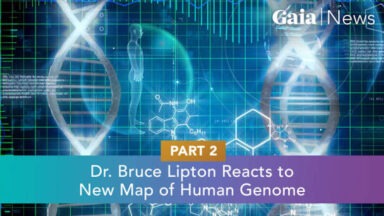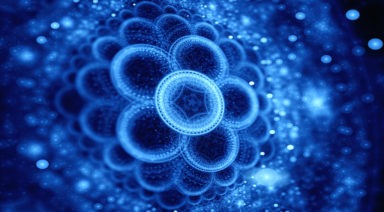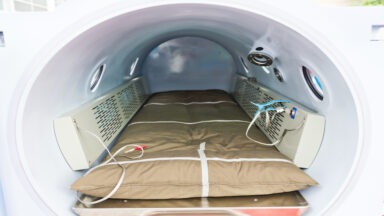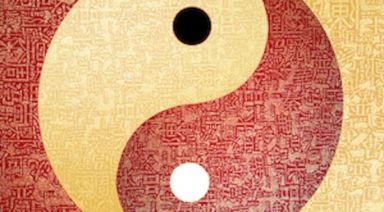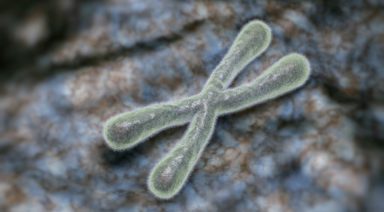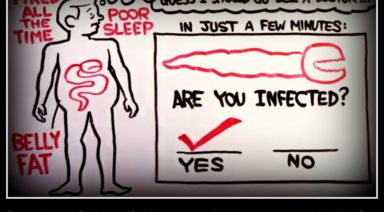Scientists Find Breakthrough Use of Light to Kill Cancer Cells

In a world-first, scientists have developed a breakthrough treatment that uses light to kill cancer cells.
We often think of light as a life-giving source, but in the case of photoimmunotherapy — the use of light to help a person’s own immune system fight cancer — light can both be a source of life, for the patient, and death, to cancer cells.
A multidisciplinary team of European scientists joined forces to design the new treatment, which works by combining a special fluorescent dye with a cancer-targeting compound.
Shining light on the compound forces cancer cells to glow in the dark, helping surgeons to remove more of the tumors compared with existing techniques.
Then, the surgeon would shine near-infrared light on the site, switching the compound into tumor-killing mode and killing off any remaining cells.
The trial of this therapy was done on mice with a particularly aggressive form of brain cancer called glioblastoma.
Findings showed that the mice had clear signs of tumor death in as little as one hour after exposure to the light. The treatment also triggered an immune response that could mount a new attack on cancer should it come back.
Study leader Dr. Gabriella Kramer-Marek told The Guardian, “Brain cancers like glioblastoma can be hard to treat, and sadly, there are too few treatment options for patients. Surgery is challenging due to the location of the tumors, and so new ways to see tumor cells to be removed during surgery and to treat residual cancer cells that remain afterward could be of great benefit.”
Scientists are quite hopeful that the results will be duplicated when they study the treatment of humans. In the meantime, this trial has shined a light at the end of a long, dark tunnel.
Dr. Bruce Lipton Reacts to New Map of Human Genome
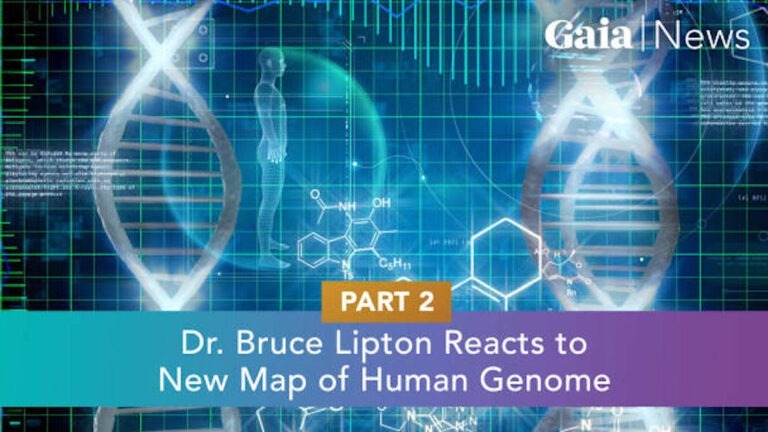
As scientists announce the completion of the human genome map, the emerging science of epigenetics provides an alternate view on how we can gain mastery over our genes and achieve true wellbeing.
Dr. Bruce Lipton is a cellular biologist and leader in the field of epigenetics, which holds that external factors can affect our gene expression.
Lipton’s research over many decades has suggested that it is our environment, and even more importantly how we perceive it, that determines our gene behavior.
“Less than one percent of disease is connected to genes,” Lipton said. “Over 90 percent of illness is stress, which means you’re not living in harmony with the environment, and the function of the cells is to adjust their biology to the environment. But I say, ‘But wait, the brain is the interface between the environment and the genes.’ So, my cells don’t know what the real environment is, my cells only respond to my perception of the environment. Well, positive thoughts can heal you of any disease, that’s placebo (effect).”
“Negative thinking can cause any disease, regardless of what genes you have, because negative thinking through epigenetics can rewrite healthy genes and turn them into cancer. You’re creating the good, but you also have to recognize you are participating in creating the negative things as well,” he said.
The biggest roadblock to exerting a positive influence over our genes, Lipton says, comes from faulty programming.
“All of us got programmed the first seven years of our life. We play the program 95 percent of the day,” Lipton said. “The conscious mind, which is the creator mind, is separate from the subconscious mind, which is the programmed mind. The significance is that subconscious is on autopilot, and if 95 percent of your life is coming from the subconscious, then you are playing programs and you’re not playing creator. The issue is the programs we got in the first seven years, up to 60 percent of those programs are beliefs, they’re things that are disempowering, they’re self-sabotaging, or limiting behaviors, and therefore, we’re losing power in the program that says, ‘Who do you think you are? You don’t deserve that. You’re not that smart.’ These are things we acquired when we were young.”


